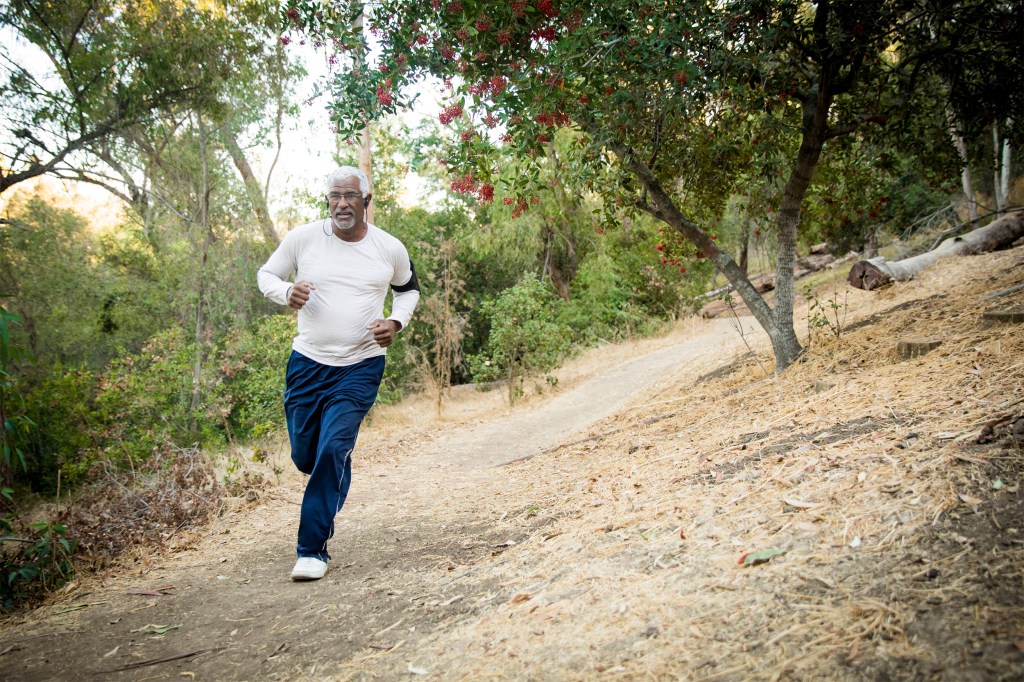Health
-

Six cancers rising faster in younger adults than older ones
Large new global study fuels growing concern over trend of increases in several types

-

What’s next for GLP-1s?
Scientists eye new treatment targets for popular weight-loss drugs, from heart failure to addiction
-

Pricey blockbuster GLP-1s are costing users — and most of the rest of us, too
Health insurers are passing along cost for coverage in form of higher rates across the board, policy researcher says
-

Drinking 2-3 cups of coffee a day tied to lower dementia risk
Caffeinated tea also found to slow cognitive decline in study

-

New AI tool predicts brain age, dementia risk, cancer survival
Unlike other AI models, BrainIAC needs limited data to ID key neurological health indicators

-

It’s time to get more comfortable with talking about dying
Palliative care physicians offer advice for end-of-life conversations between patients, loved ones
-
Designing a coronavirus vaccine
In response to this public health crisis, researchers in the Precision Vaccines Program at Boston Children’s Hospital are on the front lines of developing a vaccine specially targeted toward older populations
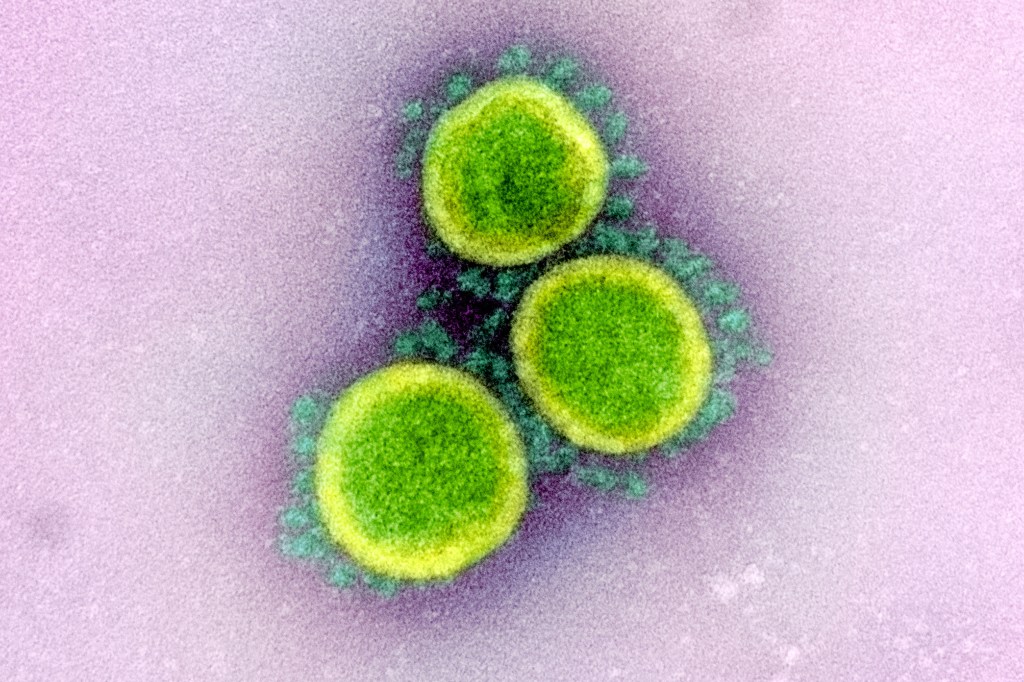
-
Vital challenge, for those always ready
With cases of COVID-19 multiplying, a Massachusetts General Hospital preparedness expert discusses existing challenges and the ways first responders can get ready to meet the new coronavirus.

-
‘Worry about 4 weeks from now,’ epidemiologist warns
Harvard epidemiologist says U.S. needs to dramatically increase testing and social distancing, adding to the closings, cancellations, and shifts online.

-
Why does Alcoholics Anonymous work?
Researchers have found that Alcoholics Anonymous and related 12-step treatments lessen addiction severity as effectively as other treatments, while reducing health care costs.

-
A virus that targets the elderly
Harvard-affiliated doctors try to safeguard nursing-home patients from COVID-19 by reducing number of visitors, adding health screenings.

-
Bridging gaps
The Dental School’s Colleen Greene is having a lot of fun tackling some of Wisconsin’s biggest oral health issues.
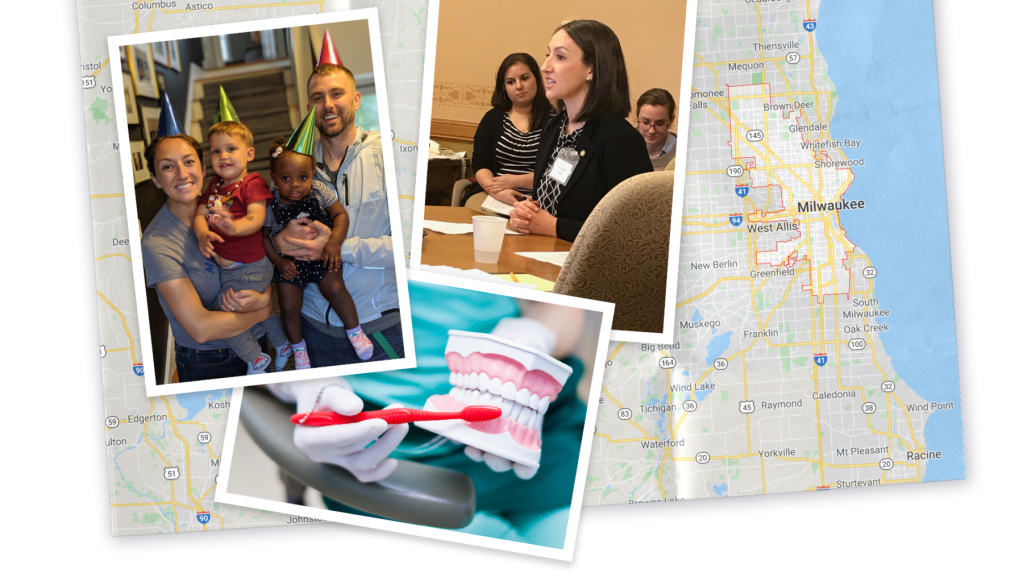
-
Helping hands bring laser light to Armenia
Lilit Garibyan has brought her medical skills back to her native Armenia, decades after her family fled during war with neighboring Azerbaijan.
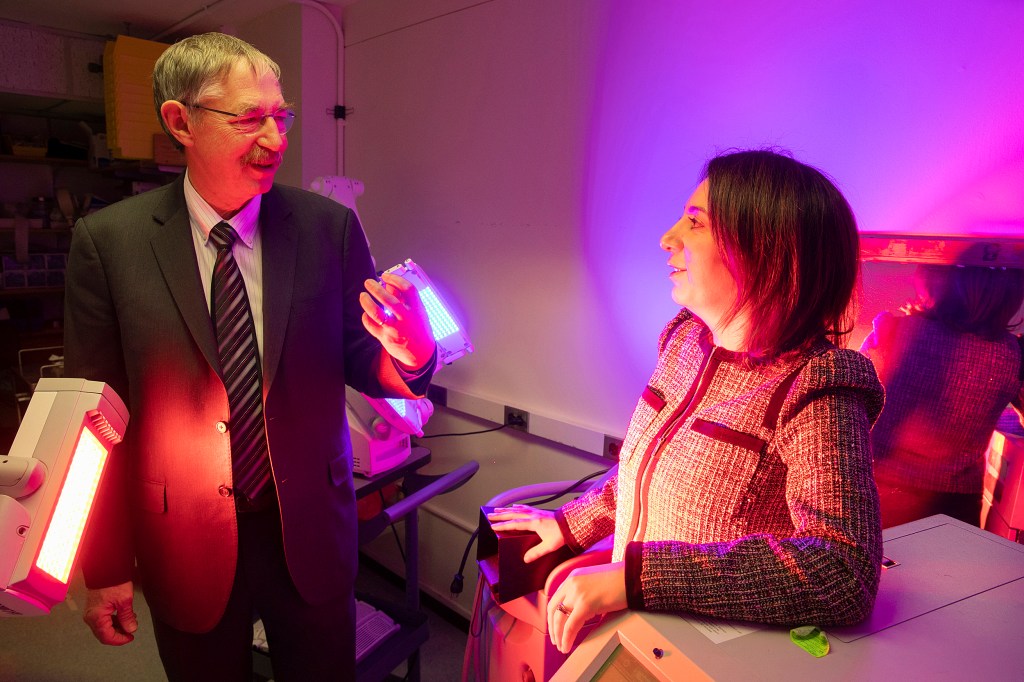
-
How to reduce the spread of coronavirus
Health experts highlight basic hygiene measures to prevent infection spread of the new coronavirus that has affected more than 90,000 around the world.

-
An egg a day is OK
A new study that includes up to 1.7 million participants, found eating up to one egg per day is not associated with a higher risk of cardiovascular disease.

-
Coronavirus screening may miss two-thirds of infected travelers entering U.S.
Harvard epidemiologist Marc Lipsitch says two-thirds of travelers with coronavirus who are entering U.S. may have been missed by screening efforts.

-
So how bad is coronavirus in U.S.? We don’t know yet
A rapid expansion of coronavirus testing is needed to understand the extent and nature of the epidemic’s track in the U.S., Harvard experts said.
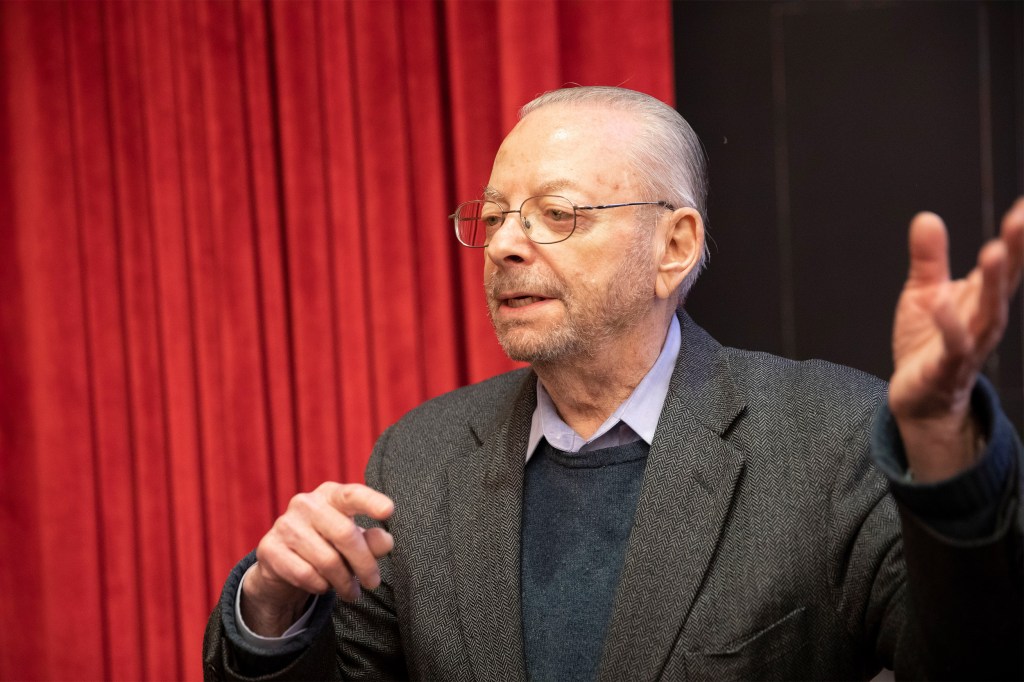
-
A big coronavirus mystery: What about the children?
A key unanswered question in the coronavirus epidemic concerns why children seem to be getting fewer or less-serious infections from the new contagion.
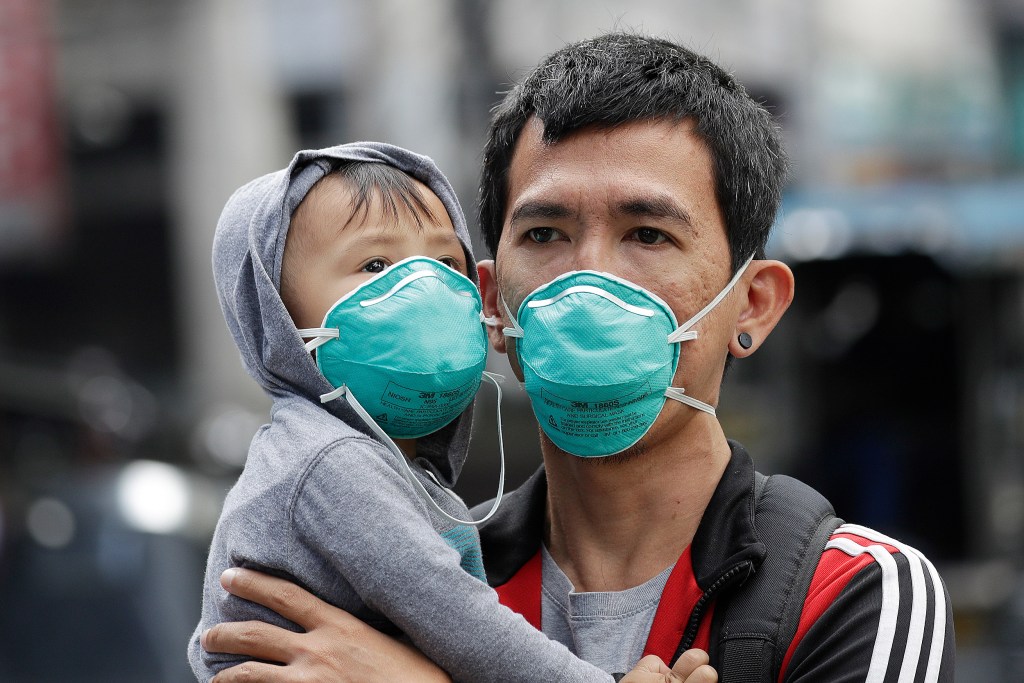
-
Endurance athletes found to have enlarged aortas
A new study has found that like their younger counterparts, a high percentage of endurance athletes aged 50 to 75 years have an enlarged aorta. Now researchers must determine if this is a good thing or a bad thing.

-
A ‘call to duty’ to battle a deadly global threat
Boston-area researchers are collaborating as part of an international partnership working on a response to the new coronavirus.
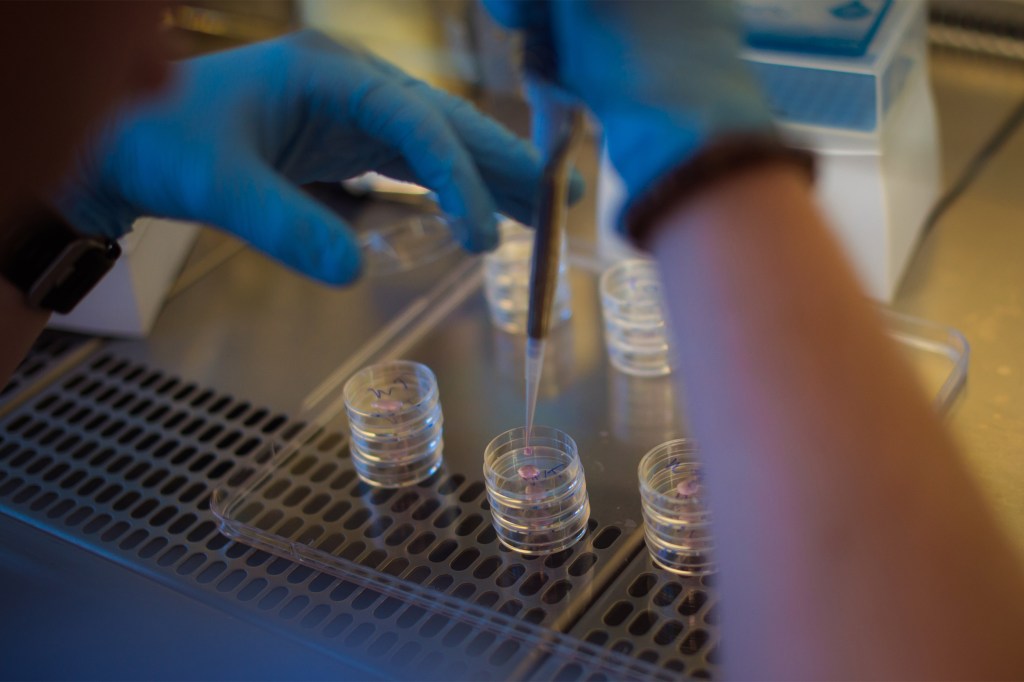
-
What we know and don’t know about pot
With legal marijuana easier to find, a Harvard professor addresses myths and progress finding answers about pot’s health impacts.

-
Scientists from Harvard, China to unite against coronavirus
With nearly 78,000 cases and more than 2,300 deaths from the novel coronavirus, Harvard University scientists will join forces with colleagues from China to improve diagnostics, develop vaccines to prevent new infections, and antiviral therapies to treat existing ones.

-
Drop in cancer deaths lifts U.S. life expectancy
A decline in cancer mortality was a prominent feature of recent good news about U.S. life expectancy. The Gazette spoke with the director of the Chan School’s Zhu Family Center for Global Cancer Prevention to understand why.

-
In soda tax fight, echoes of tobacco battles
Taxes on sugary drinks are potentially effective tools to fight the obesity epidemic and advocates are drawing lessons from the long battle against tobacco as they plot what they know will be a tough road ahead.
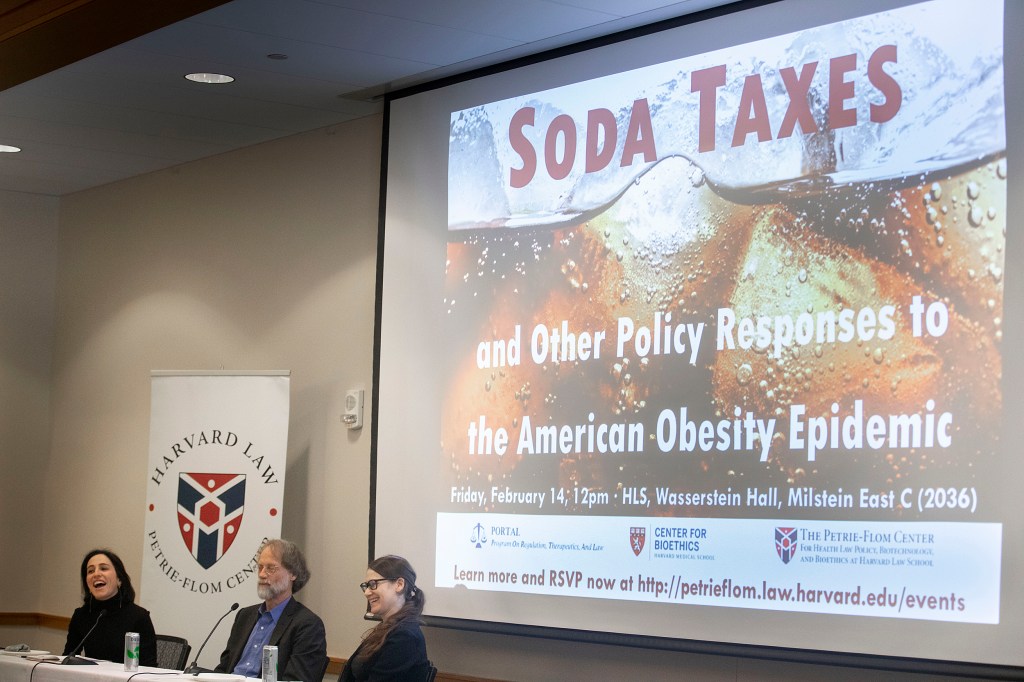
-
‘Game Changers’ puts muscle behind plant-based diet
“The Game Changers” brought a panel of athletes and experts to tout the benefits of a plant-based diet to Harvard.

-
Coronavirus likely to infect the global economy
A Harvard Business School expert says effects will strengthen as manufacturers everywhere feel the pinch of slowing one of the world’s largest economies.

-
Targeted drug shows promise in advanced kidney cancer
Harvard researchers at Dana-Farber Cancer Institute have developed a novel targeted drug that shows promise in advanced kidney cancer by interfering with the abnormal blood vessel formation that fuels tumor growth.
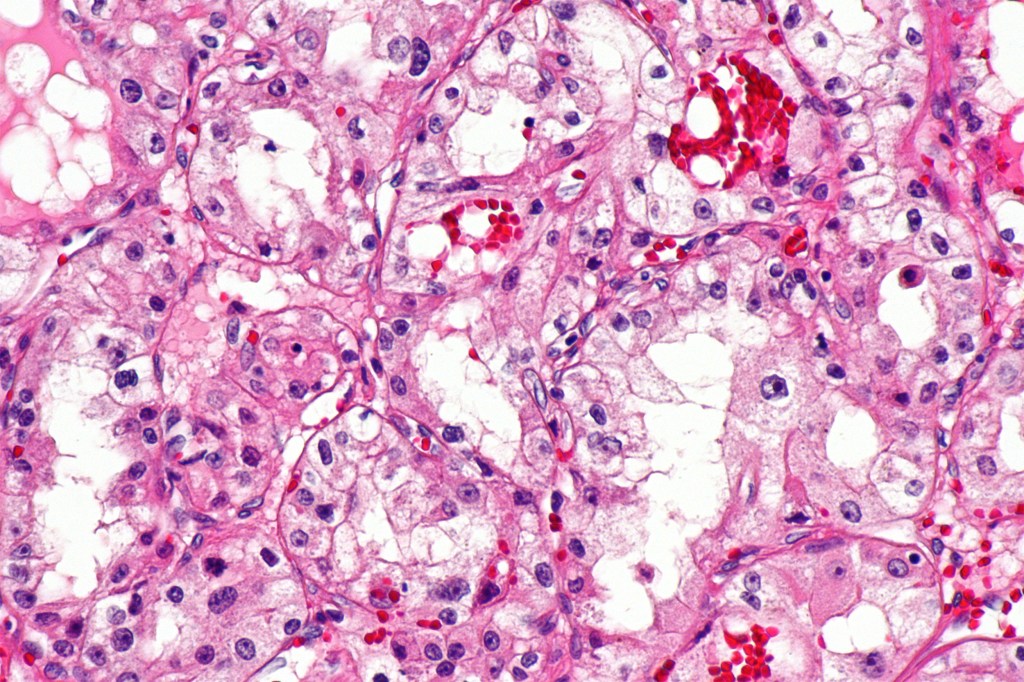
-
Coronavirus likely now ‘gathering steam’
Harvard’s Marc Lipsitch said evidence indicates that the international cordon keeping coronavirus cases bottled up in China is a leaky one, and it’s likely that the relative handful of global cases reported so far are undercounted. If true, that will lead to widespread illness internationally, including in the U.S.
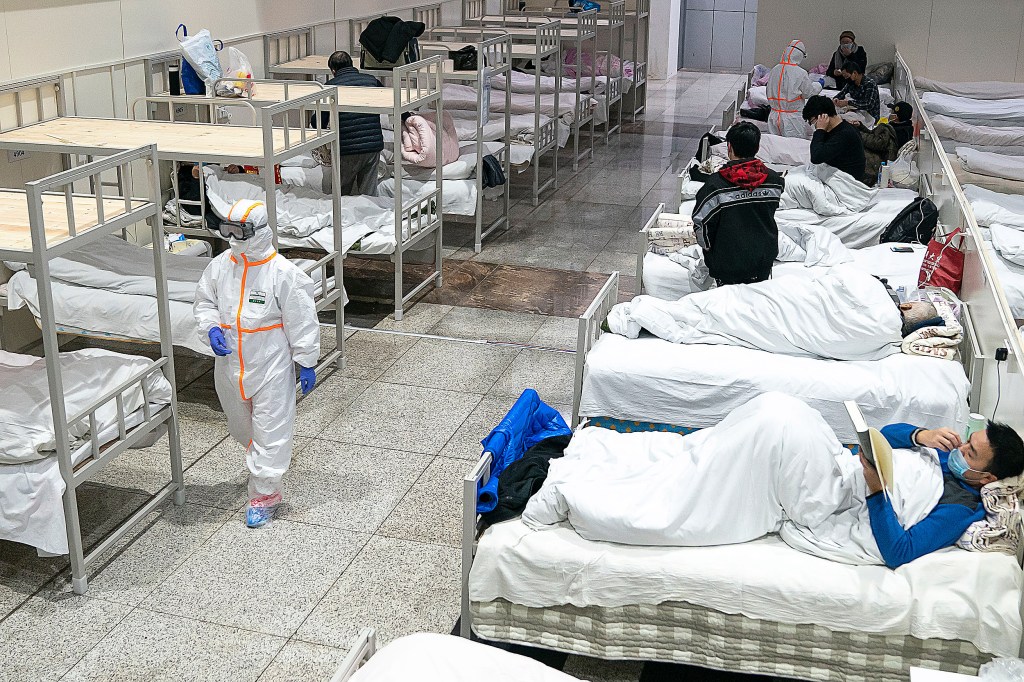
-
Heatwave = heat stroke = ER visit
Bringing climate change into the examining room by discussing links between a warming environment and the everyday health of patients.
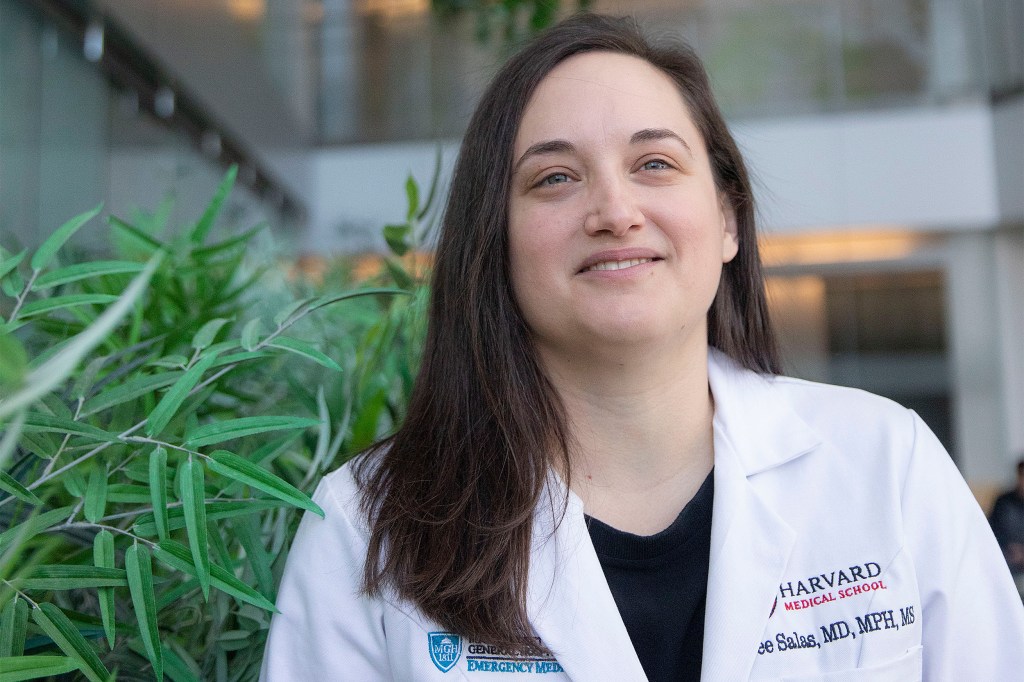
-
Antioxidant reverses most BPA-induced fertility damage in worms
Treatment with a naturally occurring antioxidant, CoQ10, restores many aspects of fertility in C. elegans worms following exposure to BPA. The findings offer a possible path toward undoing BPA-induced reproductive harms in people.

-
Coronavirus cases hit 17,400 and are likely to surge
Harvard epidemiologist Michael Mina said as many as 100,000 people are likely already infected with the new coronavirus, with many more likely to come.
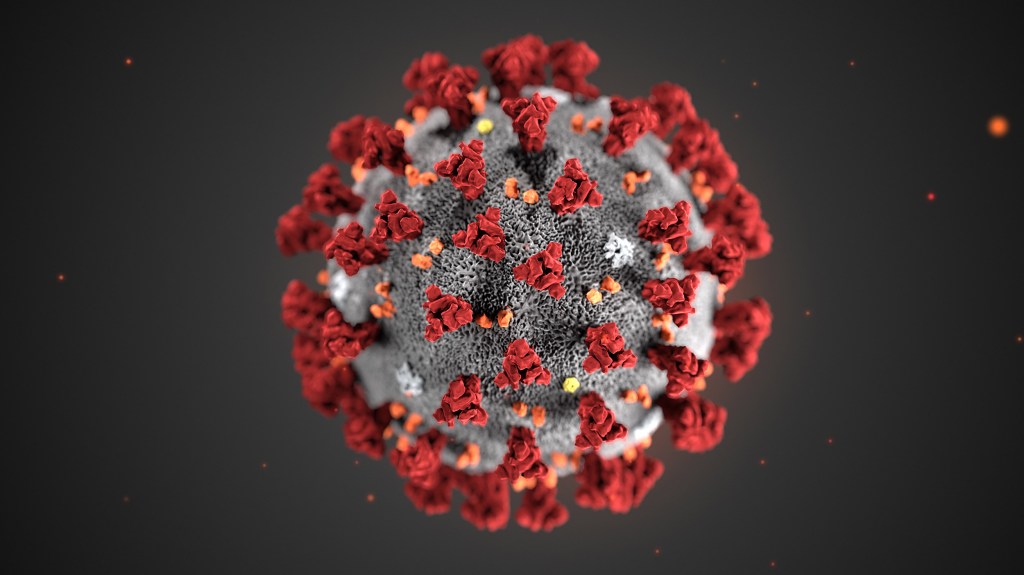
-
What we know — and don’t know — about the coronavirus outbreak
As the number of coronavirus cases rapidly grows, the Gazette spoke with Professor of Epidemiology Marc Lipsitch, an expert in the spread of infectious disease and director of the Center for Communicable Disease Dynamics.

-
Disinfecting your hands with ‘magic’
Harvard researchers have devised what they hope is a better way to disinfect hands, using tiny aerosolized nanodroplets of water and nontoxic disinfectants that not only leave hands sterile, but use so little water the hands stay dry.
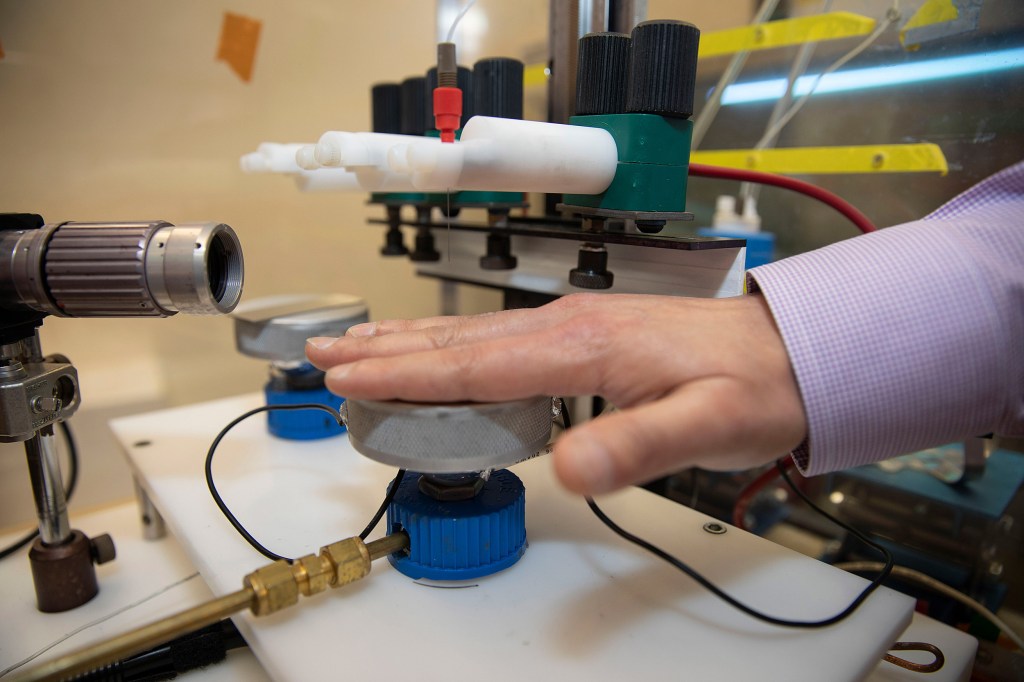
-
Super cool way to lose fat
The lab that invented cryolipolisis or “Coolsculpting,” a popular nonsurgical method for reducing fat under the skin, is developing a promising new form of the technology that can selectively reduce fat almost anywhere in the body using an injectable ice solution or “slurry.”
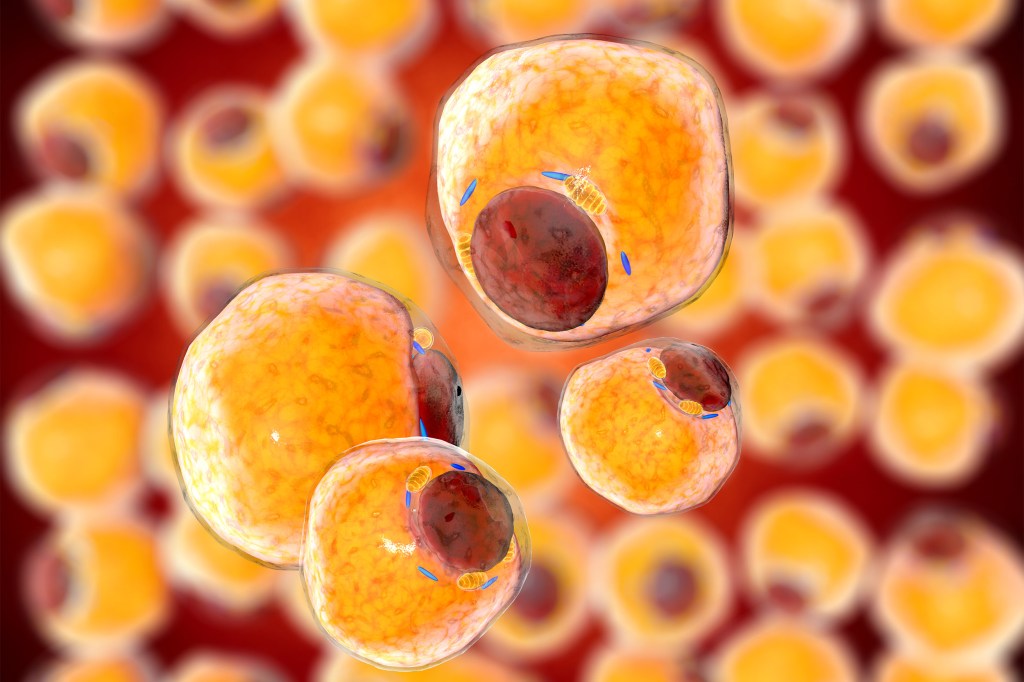
-
A solid vaccine for liquid tumors
A new study presents an alternative treatment for acute myeloid leukemia (AML) that has the potential to eliminate AML cells completely.

-
5 healthy habits to live by
A Harvard study has found that people who practice healthy habits at age 50 lived more years free of chronic diseases compared to those who did not practice any of these habits.
